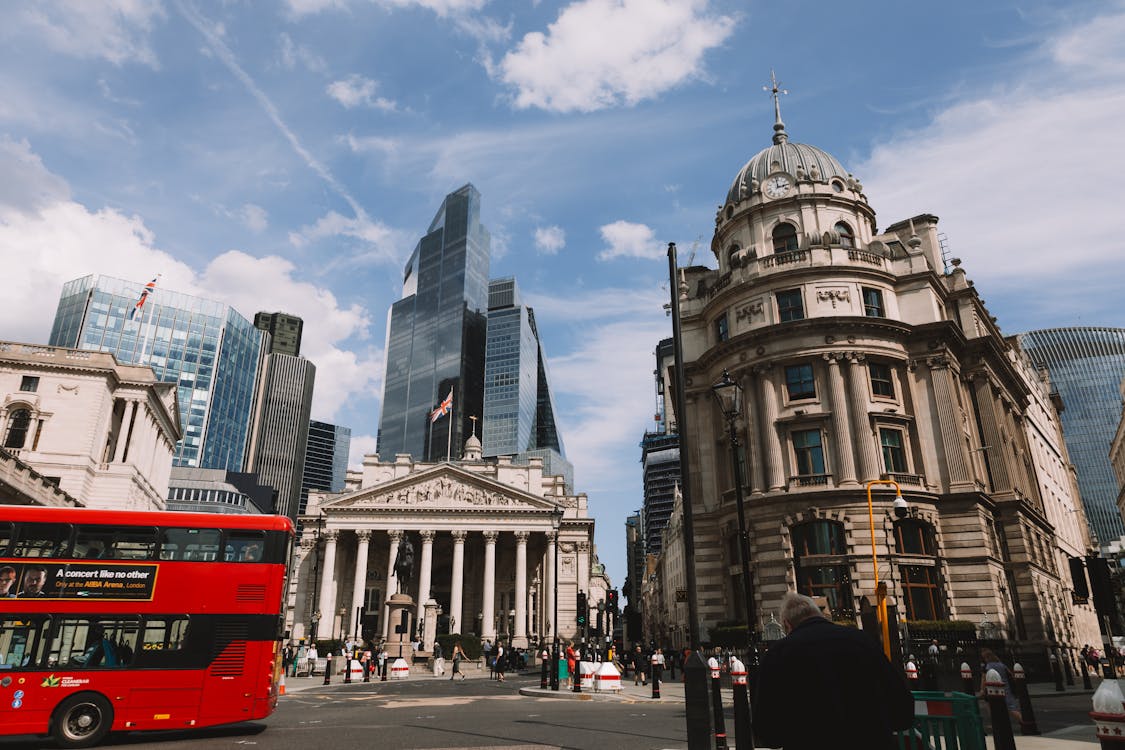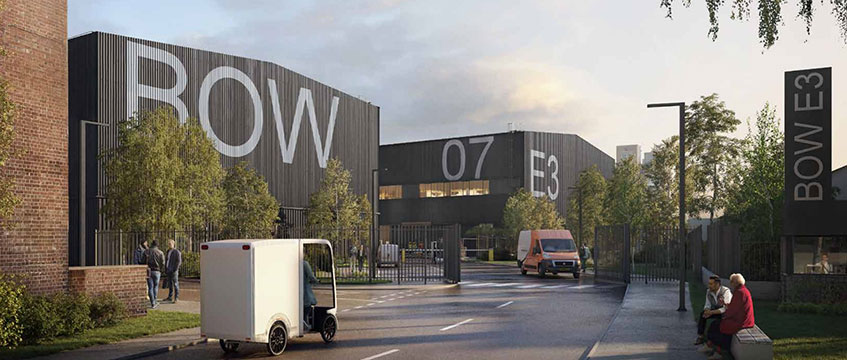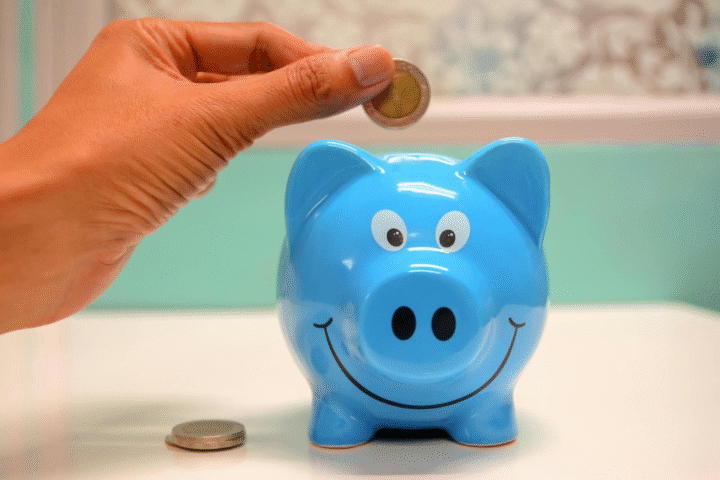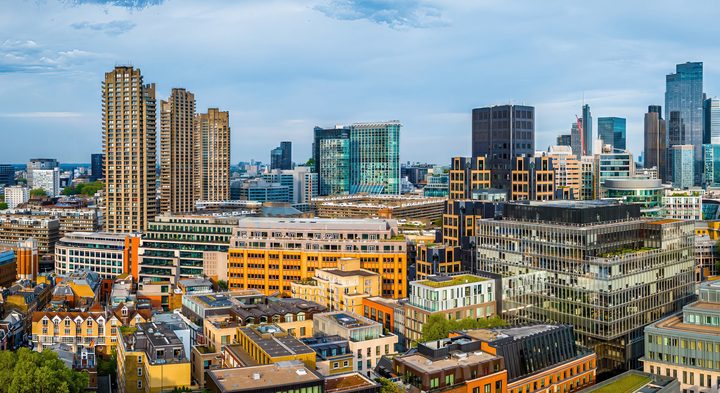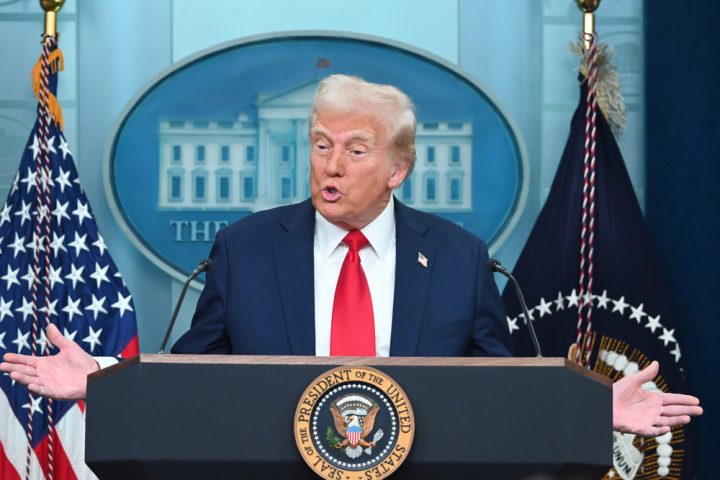As US President Donald Trump’s tariff war sends ripples across global markets, the UK is charting a delicate course. Chancellor Rachel Reeves is doubling down on the need to bolster trade ties with the European Union, while rejecting calls for an inward looking “buy British” push. With the FTSE 100 faltering and economic uncertainty mounting, these contrasting responses highlight a nation striving for growth amid a storm of international trade tensions.
Reeves Champions EU Trade Reset
In an interview at No11 Downing Street with a leading financial outlet, Reeves underscored the “imperative” of deepening UK EU trade relations. Ahead of a pivotal May 19 summit with EU leaders in London, she’s advocating an ambitious economic agenda as part of Labour’s broader “reset” with the bloc. While firmly ruling out rejoining the customs union, she pointed to post Brexit hurdles for British firms, especially smaller ones, which have struggled to export to Europe. “Since Brexit, it has been harder for British firms to export around Europe, particularly smaller firms. Many feel shut out of European markets,” she noted.
Reeves sees Trump’s tariffs—10 percent on all UK goods, 25 percent on cars, steel, and aluminum, and a whopping 104 percent on Chinese imports—as a catalyst for change. “The challenges in global trade at the moment mean that there’s an even greater imperative to improve our trading relationships with Europe,” she argued. The summit offers a chance to “refresh our relationship and make it easier for businesses to trade” with European partners. She’s also nudging Prime Minister Sir Keir Starmer to align UK regulations, like those for chemicals, with the EU to ease market access, a move aimed at smoothing supply chains battered by Trump’s policies.
No10 Rejects “Buy British” Push
Trump’s tariffs, dubbed “Liberation Day” by the president, have sparked calls for a patriotic response. Liberal Democrat Treasury spokeswoman Daisy Cooper pressed Reeves in the Commons to launch a “buy British” campaign, arguing it could bolster resilience against the trade war’s impact on living standards. “People want to show that Britain is not going to take Trump’s tariffs lying down,” Cooper said. Party leader Sir Ed Davey has already kicked off a similar effort to promote British goods.
Reeves, however, shot down the idea, warning that “ratcheting up barriers to trade, ratcheting up tariffs will not be in our country’s interests.” She cautioned against an insular turn, saying, “If every country in the world decided that they only wanted to buy things produced in their country, that is not a good way forward.” Instead, she left purchasing choices to individuals, emphasizing free trade over protectionism.
Downing Street echoed her stance but offered a nuanced twist. Starmer’s spokesman framed the UK as an “open trading nation” keen to lower global trade barriers, while still supporting domestic producers. “We can take a two pronged approach. We can be an open trading nation whilst also supporting British manufacturers,” he said, citing aid for farmers and the car industry. When pressed on why this wouldn’t become an official campaign, he added, “We are not going to tell people where they buy their stuff, but the Government is always going to back British producers.”
Market Turmoil and Economic Stakes
Trump’s tariffs, rolled out last week, have jolted markets. The FTSE 100 erased most of Tuesday’s gains, reflecting broader unease as the Bank of England flagged heightened risks to global financial stability. The 10 percent levy on UK exports, paired with steeper taxes on key sectors, threatens supply chains and inflation—a concern Reeves acknowledged but didn’t rush to counter with snap measures. Her focus remains on long term stability, not short term fixes.
Yet amidst the gloom, Reeves spotlighted a bright spot: a new Universal theme park in Bedford. Calling it a “show of confidence” in the UK, she pitched it as proof of the nation’s allure for investors. “Growth is the number one mission of this government, and securing this investment, this landmark project, is testament to the stability and security that the UK offers as a place to invest,” she said. It’s a narrative she hopes will hold as Trump’s trade war tests economic resilience.
Balancing Act in a Global Storm
The UK finds itself at a crossroads. Reeves’ push for EU alignment aims to shore up a vital trade lifeline, leveraging Trump’s disruption to mend post Brexit frictions. Her rejection of a “buy British” drive signals a commitment to global markets, even as domestic voices clamor for self reliance. No10’s dual stance—backing British firms without mandating it—seeks to thread the needle between openness and patriotism.
As the May summit looms, the stakes are high. Improved EU ties could cushion the blow of US tariffs, but success hinges on navigating a complex web of politics and economics. For now, Reeves and Starmer are betting on stability and strategic partnerships over populist pivots, aiming to keep the UK a player in a world upended by trade wars.
